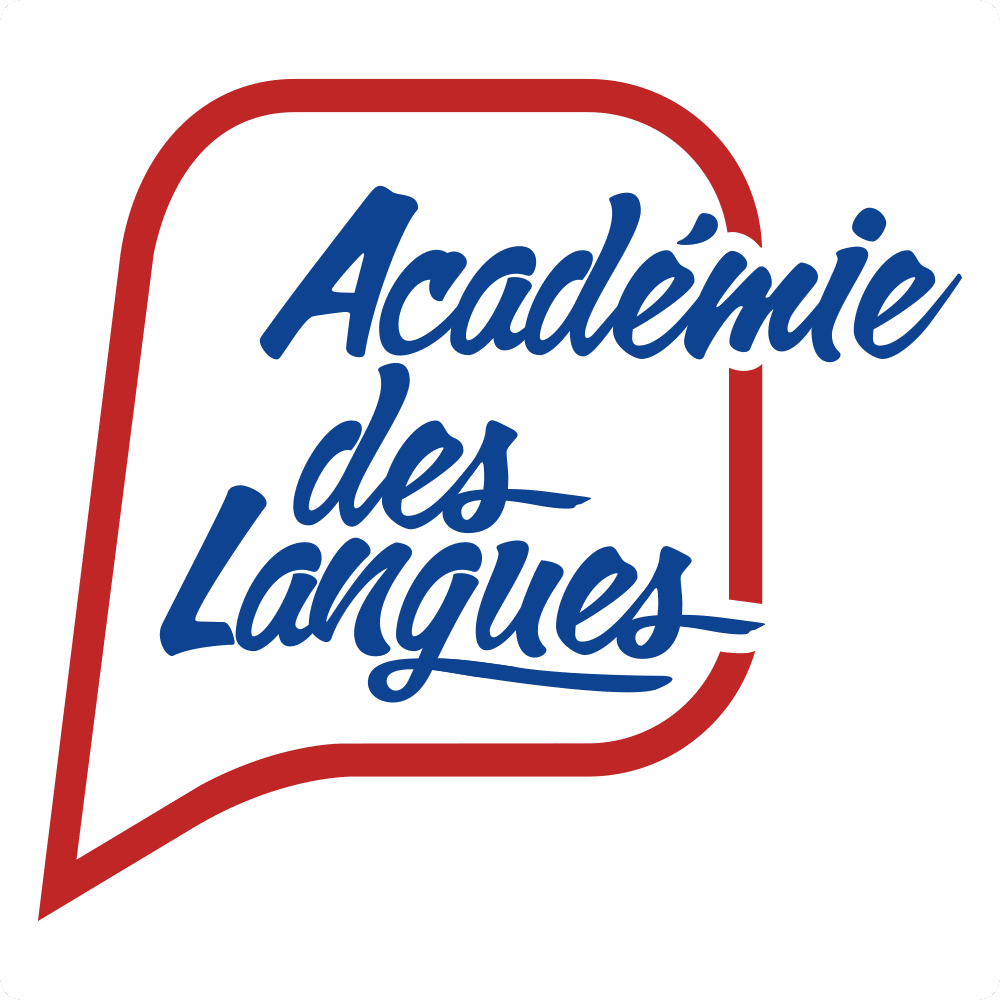Today’s post concerns a quite basic but fundamental point when using the present simple tense.
Questions about Descriptions and Actions.
When we ask questions about descriptions we use the verb “be”, perhaps with an adjective.
For example:
“Are you French?”
Or perhaps with an adjective phrase:
“Are you from a big family?”
The correct response is to respond with the same auxiliary verb. So, we have the options:
“Yes, I am”.
“No, I’m not”.
When we talk about actions we use the verb “do” with another verb for a specific action.
For example:
“Do you like chocolate?”
Here we have two verbs, an auxiliary (do) and an action (like).
The correct response here is exactly the same form using the auxiliary verb. So we have the options:
“Yes, I do”.
“No, I don’t”.
The same principle and structure that we use with “do” can be applied to all other auxiliary verbs (excluding “be”).
So when we talk about ability or possibility we use “can”. For example:
“Can you play piano?” “Yes, I can”. “No, I can’t”.
Or when we talk about future or intention we use “will”. For example:
“Will you come to my class?” “Yes, I will”. “No, I won’t”.
And so on…
All the above can be prefixed with a question-word like “why”, “how” or “when” to ask an information question as the structure is the same.
So we can make:
“Why are you French?”
“How do you play piano?”
“When will you come to my class?”
Etc.
I apologise for this post being a little bit grammatical but I suppose that’s my job.
I look forward to seeing you all soon!

 by Académie des Langues
by Académie des Langues